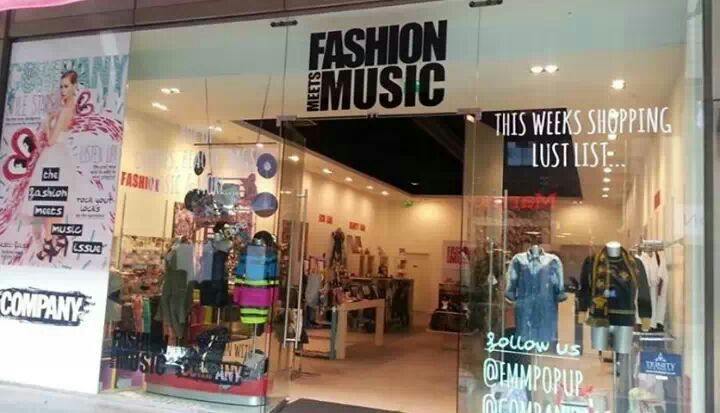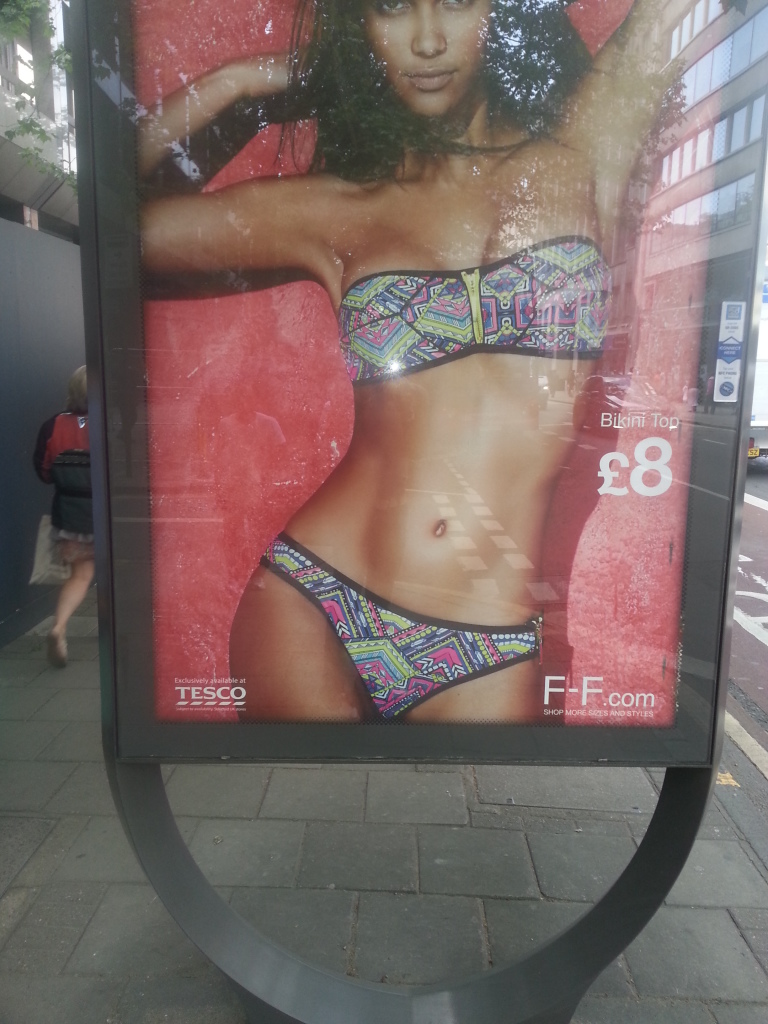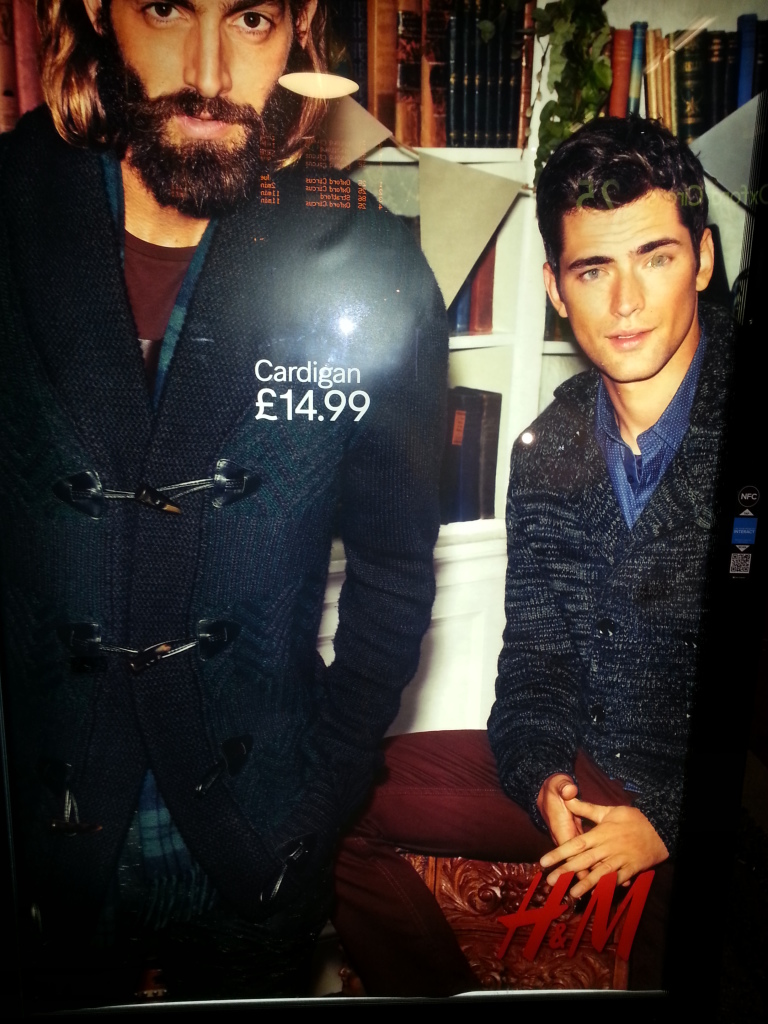Introducing natural dyes in modern fashion
What’s on the high street
Our high street is replete with lots and lots of beautiful clothes and accessories. From the low end to the high end of the street, bargains, new looks, fabulous colours, amazing textures, exotic fabrics. Without a thought, we buy these fabulous items, feeling very pleased with ourselves that we just bought another beautiful addition to the wardrobe. If you’re like me, then you’re thinking what you are going to combine it with and just can’t wait to get home to try on your new look! I know because I’ve been there. This is the season of giving, we have to get presents, most of which are things that are not needed. But hey, it’s your money, you earned it, and you spend it as you wish! But, what about making that pound a very well spent one? Especially now that we have just come out of recession, we attach more value to our hard earned cash! We want it to go very far, and this is where seeking out bargains start to become important. Which is all well and good. Maybe, we also want every penny that we spend to do some good too by improving people’s lives who are less fortunate that we are by supporting the ethical fashion industry. Designers who use ethically sourced material in their products are already helping a disadvantaged craftsman in an impoverished community and the consumer who buys such a product is making a wise ethical choice and contributed toward this goal of eradicating poverty, even though its just a tiny spec in a mighty ocean, it soon adds up! When you’re buying those presents, perhaps you want to stop and think how you can make your pound or dollar stretch far into the pockets of the disadvantaged handicraft person in an impoverished community.

The high street has misrepresented the true cost of fashion to the consumer. It is no longer a secret that they out-source to factories in poor, impoverished countries, or countries where the workers are exploited and have no rights, and they have no scruples about the use of child labour. Fashion is not dirt cheap! Just because you got that top for a bargain five pounds or ten pounds from Primark, H&M or Topshop, Monsoon, whatever your favourite high street store is, does not mean you have paid the true cost for that item. ‘Who cares?’ Some would say. Well, you should because you will also be inadvertently responsible for creating more inequality and poverty in the world, leading to more political unrests in all these volatile places, never-mind that you will also be subscribing to and wearing what I call ‘blood stained fashion’. We only have to remember that on 24th April 2013 the eight-story Rana Plaza Factory collapsed on thousands of garment workers killing a total of 1127 people.
Some retailers on the high street are starting to bow down to intense criticism and pressure from human rights groups such as the ‘Made in Europe’ campaign which seeks to educate the public about the choices they make and push for a change in the way that the high street retailers conduct their manufacturing affairs with these various suppliers from the affected countries like Bangladesh.
According to the campaign group, “….. retailers like GAP, ASDA and Topshop are still not doing enough to ensure that the workers who manufacture the clothes they sell have a safe working environment. While they have bowed to public criticism and outrage by taking some positive steps, their proposed plan still perpetuates the current conditions where the balance of power is hugely in favour of Western retailers.”
This just indicates that no matter what treaties are signed, the Western retailers have them over a double barrel gun. They really have no choice in the matter because at the end of the day they want the business, even though its a pittance to you and I here in the UK, we wouldn’t even lift a finger for those kind of wages! And to make matters worse, they are mostly operating in unsafe work environments.


The issue of safe working conditions in factories in Bangladesh, and other countries, according to Made in Europe campaigners is one that will not go away anytime soon. Public pressure, including petitions like madeineurope, has forced retailers to rethink their relationship with Bangladeshi workers.
New designers who want to try a new approach to the way fashion is designed, created, and finally offered to the consumers are springing up here and there. Thanks to the power of the internet and social media. Now it is possible for customers to view trendy styles made from ethically sourced fabrics, dyed in plant dyes which are colorfast and did not require the use of toxic chemicals, made with the use of factories in the UK rather than one where we have not much control on how its made. Designer’s can now deal direct with the consumer and there is no need to manufacture tonnes of clothing and pay to store it. Adey Thani believes that this is the sustainable way to produce fashion, when customers see what they want and order just that, the incidences of unsold stock will be reduced greatly. Online ethical retailers should just make samples that customers can choose from and even adapt it to the particular customer in what ever size they may be. This will reduce the cost to the retailer and will then be passed on to the consumer, because they will then be able to afford high end ethical fashion at a reasonable and affordable price.
Fashion can still be made sustainably and affordably in this country. It’s just a question of shopping around for the best supplier that suits your needs and meets one’s ethical criteria. Also, the target market one is aiming for will dictate whether a lot of attention will be paid to quality control, and therefore, meet the standard that the targeted consumer expects at an affordable price.
Coming next……dyeing with natural dyes….

